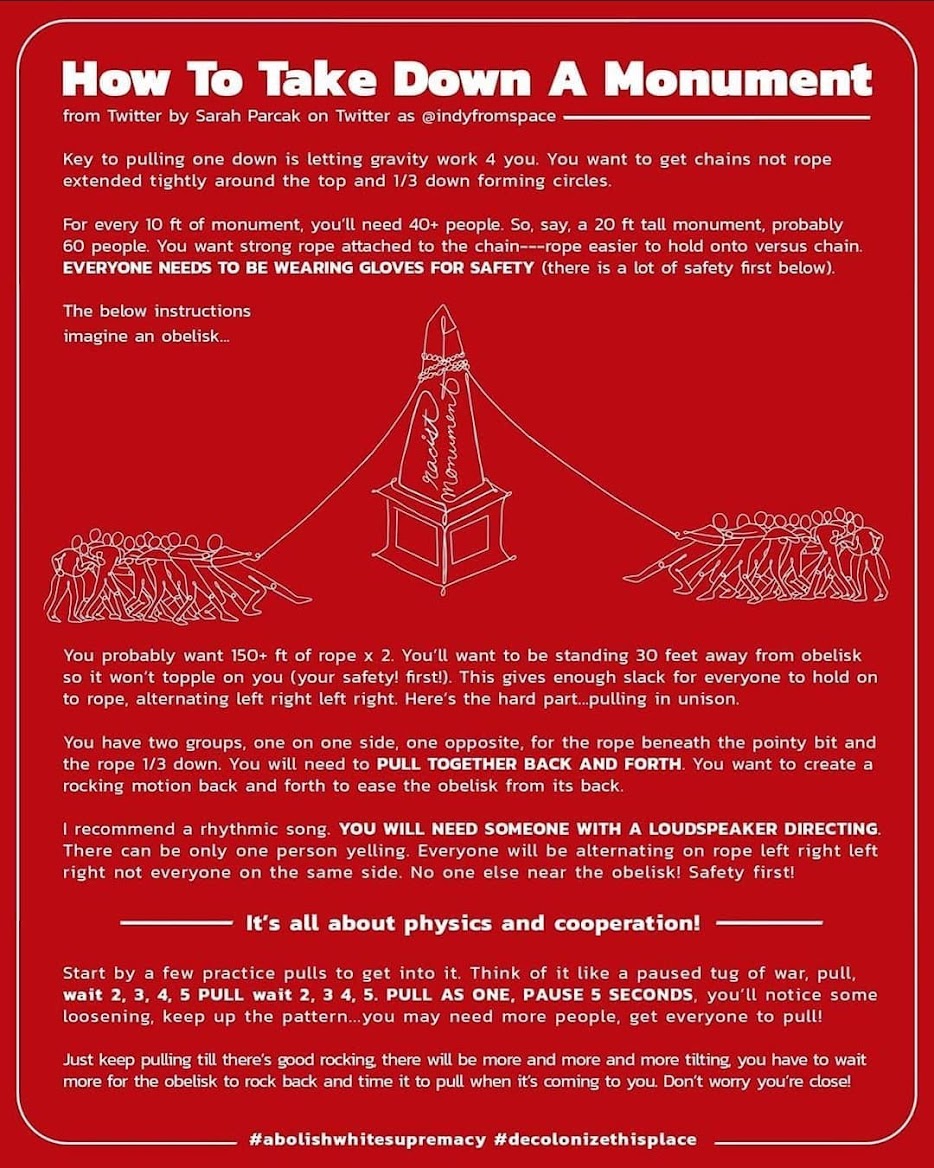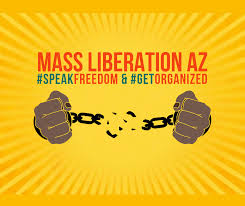Besides, we've been hearing about this commission in the wings so long, that it's good to finally have a place to get things out on the table - like the ethics of privatizing prisons, racial disparities in arrests and sentencing, the horrendous health care prisoners receive, the damage done by the PRLA to the overall cause of prisoner rights and protections in this country, and the outrage that innocent people continue to languish for years in prison - as their families suffer their absence - while smug or lazy DA's sit on the very evidence that could and should set them free immediately. Any county attorney (or underling) who fails to act on new evidence in such a case is in grievous violation of their own ethical standards, and perhaps the law.Perhaps they'll even address how the feds can deal with rogue sheriffs and prosecutors abusing their power a little more promptly than they have of late (it's been over a year, now, dear DOJ. What's the hold up?)
That's just to name a few of the things on my list tonight...
Dare I say "at least" Rick Romley has taken back the County Attorney's office from Thomas? He had the guts to admit he'd been wrong himself when it was Ray Krone, one of his own convictions, who needed to be exonerated. Will he show the same courage and sense of urgency to helping to free Courtney Bisbee?
----------------------------
U.S.: Overflowing Prisons Spur Call for Reform Commission
Inter Press Service
William Fisher
NEW YORK, May 16 (IPS) - Despite the lacklustre performance of so-called "blue ribbon commissions" in the United States over the years, sponsors of the latest proposal - the National
Criminal Justice Commission - are optimistic that it will become a reality and that its recommendations will be taken seriously by the president, Congress and the U.S. public.
The reason, says its sponsor, Senator Jim Webb, a Democrat from Virginia, is that "America's criminal justice system has deteriorated to the point that it is a national disgrace".
He added, "We are wasting billions of dollars and diminishing millions of lives. We need to fix the system. Doing so will require a major nationwide recalculation of who goes to prison and for how long and of how we address the long-term consequences of incarceration."
Given the chequered history of blue ribbon commissions in the nation's capital, a spokesman for Sen. Webb told IPS that "with nearly 40 Democratic and Republican cosponsors, there is a strong
likelihood of success".
In the past, Congressionally-appointed commissions are typically set up, staffed, complete their investigative and analytical work, make recommendations that are received by a senior official, a press release is issued, and then the commission's report is consigned to a shelf where it gathers dust.
Throughout U.S. history, there have been relatively few bodies that have gained the notoriety, media coverage, and attention from Congress and the president as the 9/11 Commission,
established in the wake of the terrorist attacks if Sep. 11, 2001.
Over time, most of its recommendations were implemented. One reason was the severity of the issue - almost 3,000 deaths. Another was ongoing, well-organised, effective support from the
families of the 9/11 victims.
A prison commission has none of those attributes - and prisoners can't vote. So the political inventive appears minimal.
But the issue is not. Statistics compiled by the Congressional Research Service begin to tell the story.
The United States has the highest incarceration rate on the planet - five times the world's average. A total of 2,380,000 people are now in prison. The U.S. has five percent of the world's population, but 25 percent of the world's prison population.
Minorities make up a disproportionately large share of inmates. Black males have a 32 percent chance of serving time in prison at some point in their lives; Hispanic males have a 17 percent
chance; white males have a six percent chance.
African American men and boys are grossly over-represented at every stage of the judicial process. Although African Americans make up just over 12 percent of the national population, 42
percent of those currently on death row are African American.
African American women have the highest rate of incarceration among women in the U.S. - four times higher than that of white women.
Initial contacts with police officers are often driven by racial profiling and other racially tainted practices, and the disparities exist through the sentencing phase: African Americans routinely receive more jail time and harsher punishments.
Cocaine laws in particular disproportionately affect African Americans, who account for 25 percent of total crack cocaine users, yet who comprised 81 percent of those convicted of federal
crack cocaine offences in 2007.
Drug offenders in prisons and jails have increased 1200 percent since 1980. Nearly a half million persons are in federal or state prison or local jail for a drug offence, compared to an estimated 41,100 in 1980. A significant percentage of these offenders have no history of violence or high-level drug selling activity.
As a result, spending on corrections rose 127 percent at the state level while higher education expenditures rose just 21 percent.
Prisons and jails have also become holding facilities for the mentally ill. There are an estimated 350,000 men and women prisoners with serious mental disorders - four times the number in mental health hospitals.
It is against this background that Sen. Webb introduced the National Criminal Justice Act, authorising the Commission. There has been no in-depth or comprehensive study of the entire
criminal justice system since The President's Commission on Law Enforcement and Administration and Justice, impaneled in 1965.
A companion to the Webb bill has been introduced in the House of Representatives with bipartisan sponsorship. The Senate Judiciary Committee has approved the proposal with strong
bipartisan support. The legislation is now awaiting action by the full Senate and is pending in the House.
The Commission would carry out a comprehensive review of the criminal justice system, and make reform recommendations to improve public safety, cost-effectiveness, overall prison administration, and fairness in the implementation of the criminal justice system.
It "would also be charged with looking at how we have arrived at this convoluted mess, how many of our problems are interrelated and often feed off of one another, and how we can correct a system that is badly in need of a new course," Sen. Webb said.
Other powerful actors agree. Among them is Hilary O. Shelton, director of the Washington Bureau of the National Association for the Advancement of Coloured People (NAACP).
In a telephone interview, Shelton told IPS, "At every stage of the criminal justice process serious problems undermine basic tenets of fairness and equity, as well as the public's expectations for safety."
"Perhaps the most glaring problem inherent in today's system is the number of racial and ethnic minorities who are disproportionately treated more harshly and more often by our nation's criminal justice system," he noted. "From initial contact to sentencing to the challenges facing those reentering the community after incarceration, racial and ethnic minorities are disproportionately represented in the number of people stopped, arrested, tried, convicted and incarcerated."
The Commission would include members appointed by the president and by federal and state politicians, as well as private sector specialists in law enforcement, criminal justice, national
security, prison administration, prisoner reentry, public health, including drug addiction and mental health, victims' rights, and social services.
The bill has also been endorsed by the International Association of Chiefs of Police, the largest organisation of police executives.









No comments:
Post a Comment